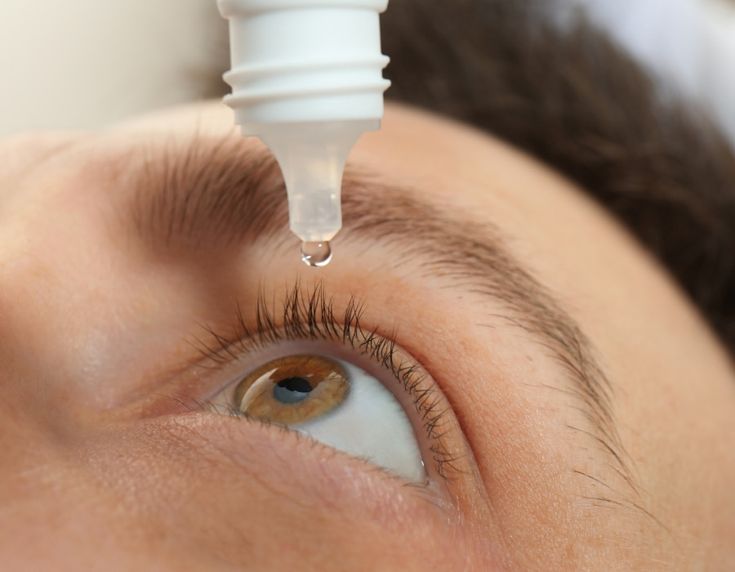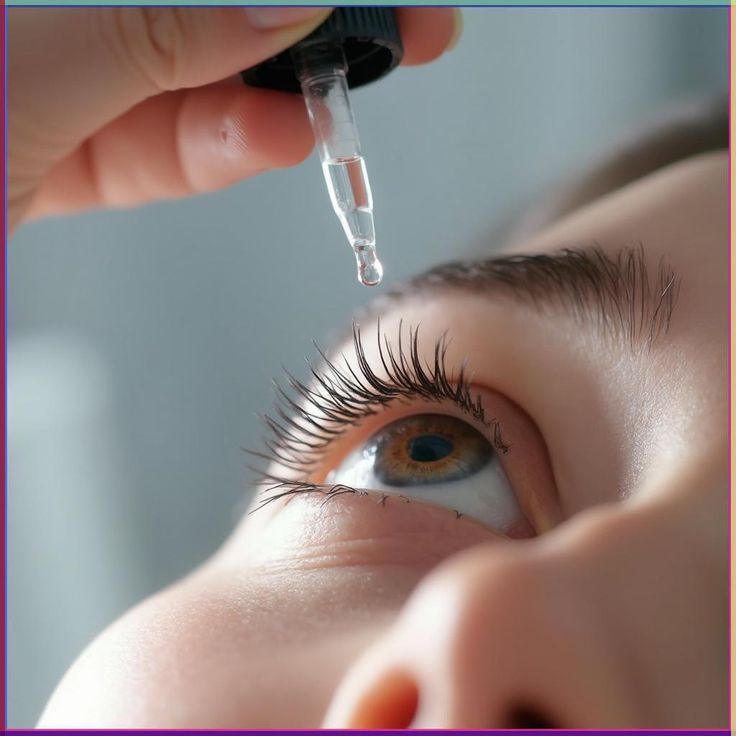
Eye Health Tips For Aging, Imagine two people, both in their sixties. One gets up, puts on their glasses, and immediately rubs their dry, sore eyes.
The other starts the day with a green smoothie, wears sunglasses outside, and values sharp, clear vision well into their golden years. What sets them apart? Daily habits.
Aging is inevitable, even if how we age is under our influence. Researches show that little, consistent actions can help to slow down aging processes including those influencing our eyesight.
Reading without straining, treating eye health carefully, and avoiding cataracts and macular degeneration will enable you to notice your grandkids’ traits clearly.
Let’s examine scientifically validated strategies to keep your clear vision throughout the years.
Like the rest of your body, your eyes experience wear and tear with time. Sensitive tissues are harmed by oxidative stress; the lenses stiffen (causing presbyopia), and the macula may deteriorate (causing macular degeneration). Conversely, modern science offers hope, preventative care and lifestyle choices can significantly accelerate these processes. This is how.
As the old saying goes, your eyes are actually what you eat. Nutrient-dense foods provide required compounds to combat age-related vision decline. Put these items on your plate:

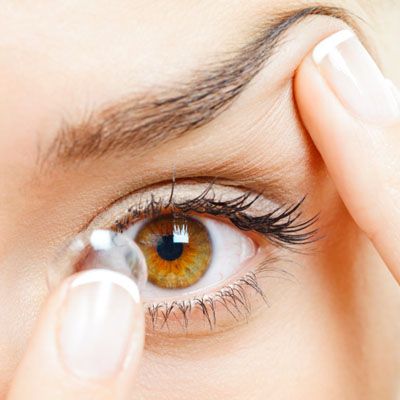
Eye Health Tips For Aging, Looking at smartphones more frequently than ever exposes our eyes to excessive blue light. Over time, the procedure can increase the risk of macular degeneration and induce digital eye strain.
Ways To Protect Your Vision
A common problem, especially among postmenopausal women, is dry eyes brought on by declining tear production as we age. Appropriate hydration helps to keep your eyes functioning properly and comfortable.
Simple Fixes
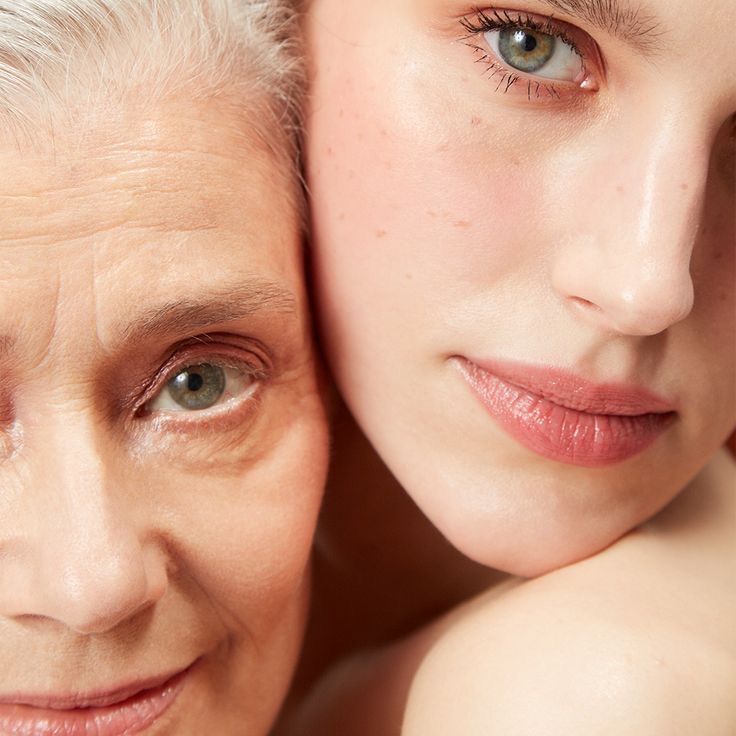
Many vision-threatening diseases, like diabetic retinopathy and glaucoma, show no early indicators. By recognizing problems before they become irreversible, regular eye exams result in early treatment and better outcomes.
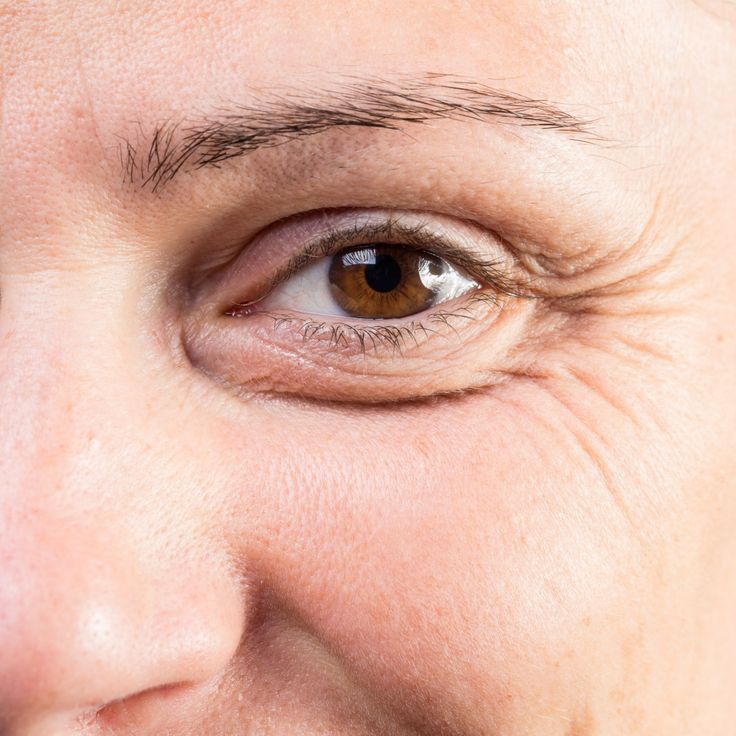
You know exercise is good for your heart, but did you realize it also benefits your vision? Regular physical activity improves circulation, hence reducing intraocular pressure and the likelihood of diabetic retinopathy, macular degeneration, and glaucoma.
Best Exercises For Eye Health
Regular exercise also helps to avoid disorders, including diabetes and hypertension, two major risk factors for loss of vision. Over time, even tiny daily habits, such as utilizing the stairs instead of the lift or walking for thirty minutes, can have a major influence.
Eye Health Tips For Aging, Ultraviolet (UV) rays induce cataracts and macular degeneration. Wearing the correct glasses can assist to delay these age-related alterations.
Suggestions On Purchasing Sunglasses
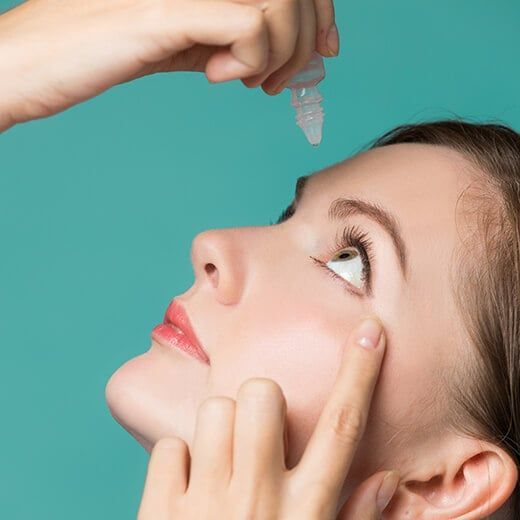
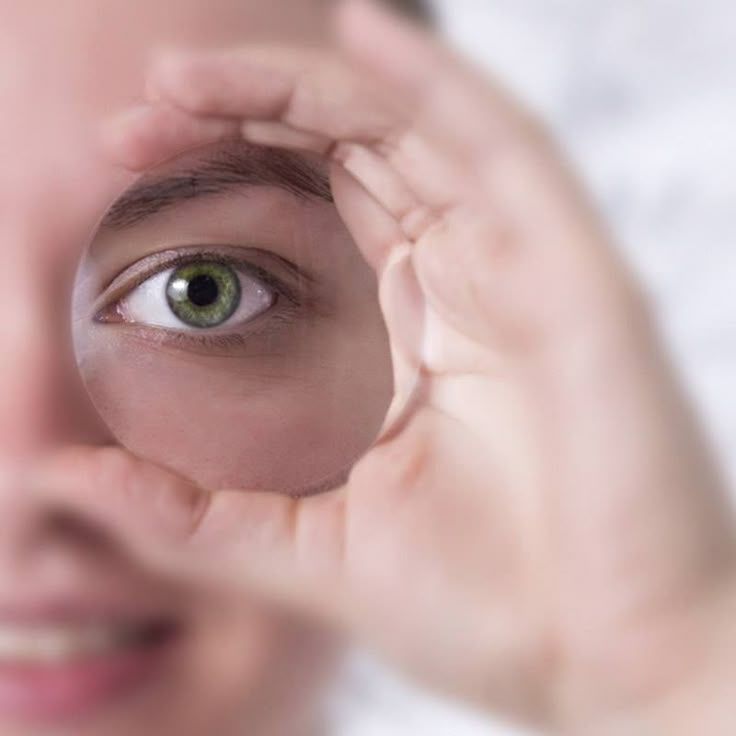
Eye Health Tips For Aging, Poor sleep quality increases oxidative stress, causes dry eyes and foggy vision. Sleep lets your body repair and restore cells, including those in your eyes.
Aging is not surrendering to diminishing vision. A mix of proper diet, preventative measures, and regular checkups will help you to maintain sharp vision for many years.
Start with some easy actions: eat more veggies, use sunglasses, and take screen breaks; your future self will value your work.
After all, a vibrant, independent life depends on good eyesight as much as on lifetime quality as on quantity.
So, what is your first step for better eye health for today?
